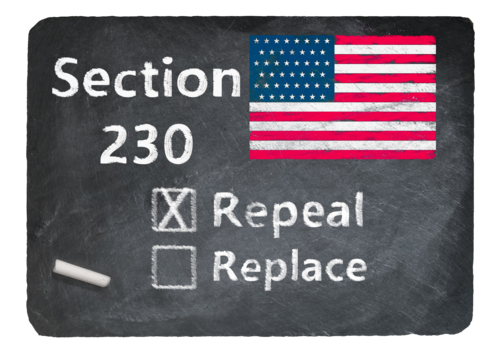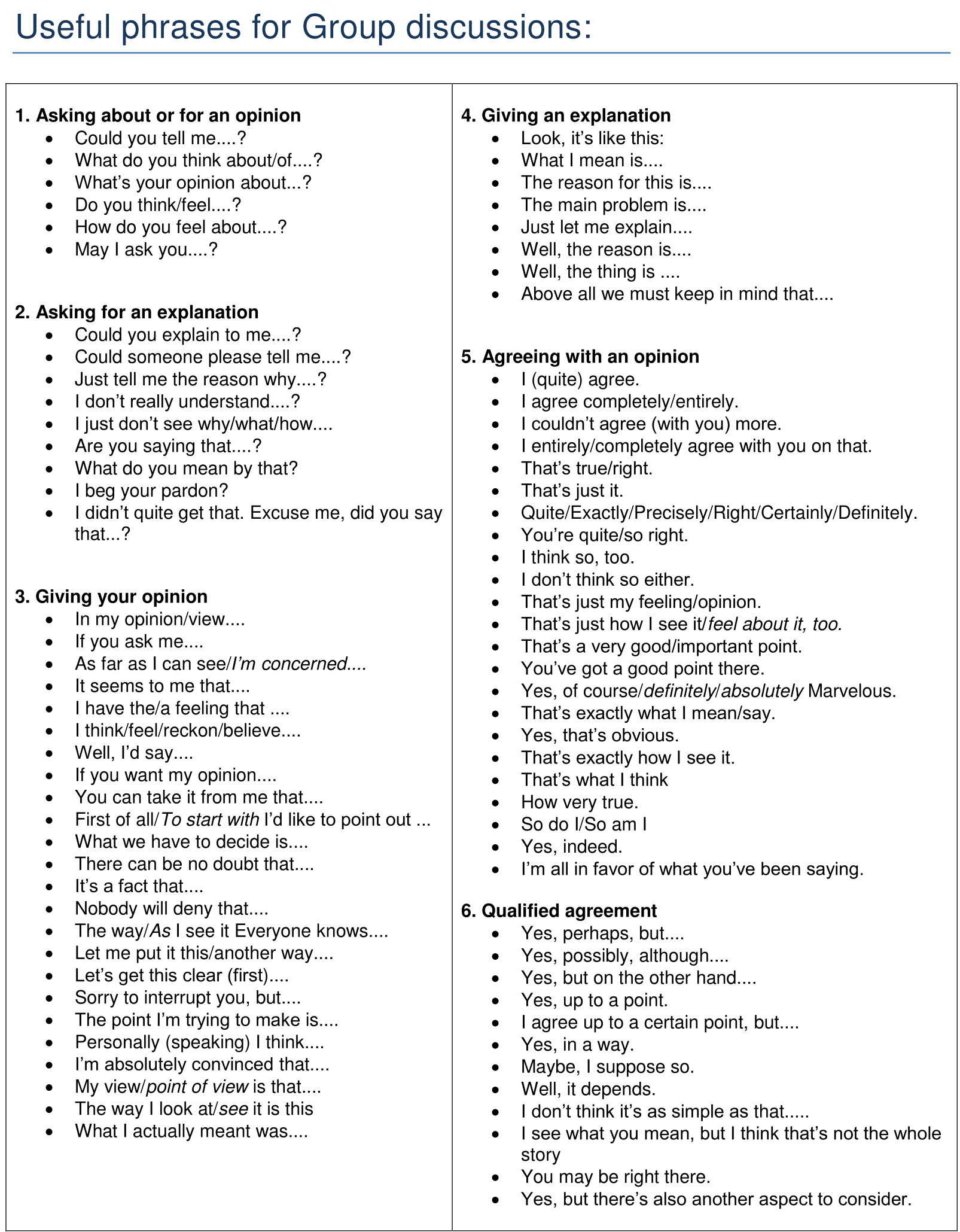Legal Battle: EBay, Banned Chemicals, And The Limits Of Section 230

Table of Contents
Understanding Section 230 and its Protections
Section 230 of the Communications Decency Act of 1996 is a cornerstone of internet law in the United States. It provides immunity to online platforms from liability for user-generated content. This means websites and online marketplaces like eBay are generally not held responsible for what their users post or sell, unless they are considered active participants in creating or distributing that content. This protection is crucial for the free flow of information and expression online.
However, Section 230's protection isn't absolute. The "good faith" clause is a critical limitation. Platforms must act in good faith to remove illegal content when it’s brought to their attention. Failing to do so can jeopardize their immunity.
- Definition of Section 230: Provides immunity to internet service providers and interactive computer services from liability for user-generated content.
- Key protections offered: Shields platforms from lawsuits related to user posts, comments, and listings.
- Conditions under which Section 230 might not apply: When a platform actively participates in creating illegal content or fails to act in good faith to remove illegal content.
- Examples of successful and unsuccessful Section 230 defenses: Cases involving hate speech, copyright infringement, and defamation showcase the complexities of applying Section 230. Successful defenses usually involve showing the platform took reasonable steps to moderate content, while unsuccessful ones demonstrate a lack of due diligence or active participation in illegal activities.
eBay's Policies and Enforcement Regarding Banned Chemicals
eBay maintains detailed policies prohibiting the sale of restricted and dangerous items, including many types of chemicals. These policies are designed to comply with both federal and state regulations, aiming to prevent the sale of substances that could be used for illegal or harmful purposes. However, enforcing these policies on a platform as vast as eBay presents significant challenges. The sheer volume of listings and the constant evolution of banned substances make it extremely difficult to maintain a completely clean marketplace.
- Specific examples of banned chemicals on eBay: This includes, but is not limited to, certain pesticides, precursor chemicals for narcotics, and highly toxic substances.
- eBay's methods for detecting and removing prohibited listings: eBay utilizes a combination of automated systems, manual reviews, and user reporting to identify and remove prohibited listings.
- The effectiveness of eBay's current enforcement mechanisms: While eBay makes considerable efforts, the scale of the platform makes complete elimination of prohibited listings incredibly challenging.
- The resources allocated to this task: eBay invests significant resources in its safety and security teams, including technology and personnel dedicated to monitoring and enforcing its policies.
The Legal Arguments: Liability and Section 230's Applicability
The legal arguments surrounding eBay and the sale of banned chemicals often hinge on the interpretation of Section 230. Those arguing for eBay's liability claim the platform is not acting in good faith by failing to prevent the sale of prohibited items. They may argue that eBay’s algorithms and enforcement mechanisms are insufficient. Conversely, eBay's defense rests on its assertion that it is not the creator or distributor of the illegal content, and that it actively works to remove such listings when they are discovered.
- Arguments for eBay's liability: Focus on the scale of illegal listings, the potential harm caused by the sale of banned chemicals, and eBay's alleged failure to effectively enforce its own policies.
- Arguments for eBay's immunity under Section 230: Center on the platform's role as a neutral intermediary, its efforts to remove illegal listings, and the limitations of its ability to monitor every listing in real-time.
- Discussion of relevant case law: Cases involving other online platforms and their handling of illegal content provide relevant precedents.
- Potential legal outcomes: The outcome could set significant precedents for online marketplaces and their responsibilities concerning the sale of prohibited goods.
The Role of User Reporting and Platform Transparency
User reporting plays a critical role in identifying illegal listings on eBay and similar platforms. Users who encounter suspicious listings can report them, triggering a review process. However, relying solely on user reports is insufficient. Increased platform transparency about policies, enforcement procedures, and the resources allocated to these efforts can build trust and encourage more effective user participation.
- How user reports contribute to eBay's efforts: User reports provide valuable information that supplements eBay's automated systems.
- The challenges of relying on user reports alone: Users may not always identify illegal items, and the sheer volume of listings makes manual review of every report impractical.
- The potential benefits of increased platform transparency: Greater transparency can foster user trust, increase reporting rates, and promote a more responsible online marketplace.
Implications for Other Online Marketplaces
This legal battle has broad implications for other online marketplaces, such as Amazon and Etsy. The outcome could influence future legislation and regulation of online sales, potentially leading to stricter requirements for platform accountability and content moderation.
- Impact on other e-commerce giants (Amazon, Etsy, etc.): The precedent set by this case could significantly impact their policies and enforcement strategies.
- Potential changes to platform policies regarding prohibited items: Platforms may need to revise their policies and invest more heavily in technology and personnel to improve enforcement.
- The future of Section 230 in light of this case: The debate surrounding Section 230 and its applicability to online marketplaces is likely to continue, with potential calls for reform.
The Future of eBay, Banned Chemicals, and Section 230
The legal complexities surrounding eBay, the sale of banned chemicals, and Section 230 underscore the challenges of balancing free expression online with the need to prevent the sale of harmful products. This battle will continue to shape the legal landscape for online marketplaces. Finding solutions that strike a balance between platform responsibility and user freedom requires ongoing dialogue and collaboration. Improved technology, enhanced user reporting systems, and increased platform transparency are all critical elements in addressing these complex issues.
Stay informed about the evolving legal landscape surrounding online marketplaces and the implications of the eBay, banned chemicals, and Section 230 debate. Understanding these complexities is crucial for both platform users and businesses operating online.

Featured Posts
-
 Vacances De Detente 2025 Dates Des Conges Scolaires En Federation Wallonie Bruxelles
Apr 23, 2025
Vacances De Detente 2025 Dates Des Conges Scolaires En Federation Wallonie Bruxelles
Apr 23, 2025 -
 Key Economic Discussion Points An Analysis Of The English Language Leaders Debate
Apr 23, 2025
Key Economic Discussion Points An Analysis Of The English Language Leaders Debate
Apr 23, 2025 -
 Ser Aldhhb Alywm Balsaght Bed Alankhfad Alakhyr
Apr 23, 2025
Ser Aldhhb Alywm Balsaght Bed Alankhfad Alakhyr
Apr 23, 2025 -
 Open Ai Under Ftc Scrutiny Chat Gpt And Data Privacy Concerns
Apr 23, 2025
Open Ai Under Ftc Scrutiny Chat Gpt And Data Privacy Concerns
Apr 23, 2025 -
 Michael Lorenzens Injury History And Its Impact On His Career
Apr 23, 2025
Michael Lorenzens Injury History And Its Impact On His Career
Apr 23, 2025
Latest Posts
-
 Dijon Ou Donner Ses Cheveux Pour Une Bonne Cause
May 10, 2025
Dijon Ou Donner Ses Cheveux Pour Une Bonne Cause
May 10, 2025 -
 Donner Ses Cheveux A Dijon Guide Complet Pour Faire Un Don
May 10, 2025
Donner Ses Cheveux A Dijon Guide Complet Pour Faire Un Don
May 10, 2025 -
 Donnez Vos Cheveux A Dijon Une Action Solidaire
May 10, 2025
Donnez Vos Cheveux A Dijon Une Action Solidaire
May 10, 2025 -
 Dijon Trois Victimes D Une Agression Sauvage Au Lac Kir
May 10, 2025
Dijon Trois Victimes D Une Agression Sauvage Au Lac Kir
May 10, 2025 -
 Agression Au Lac Kir A Dijon Bilan Et Circonstances
May 10, 2025
Agression Au Lac Kir A Dijon Bilan Et Circonstances
May 10, 2025
